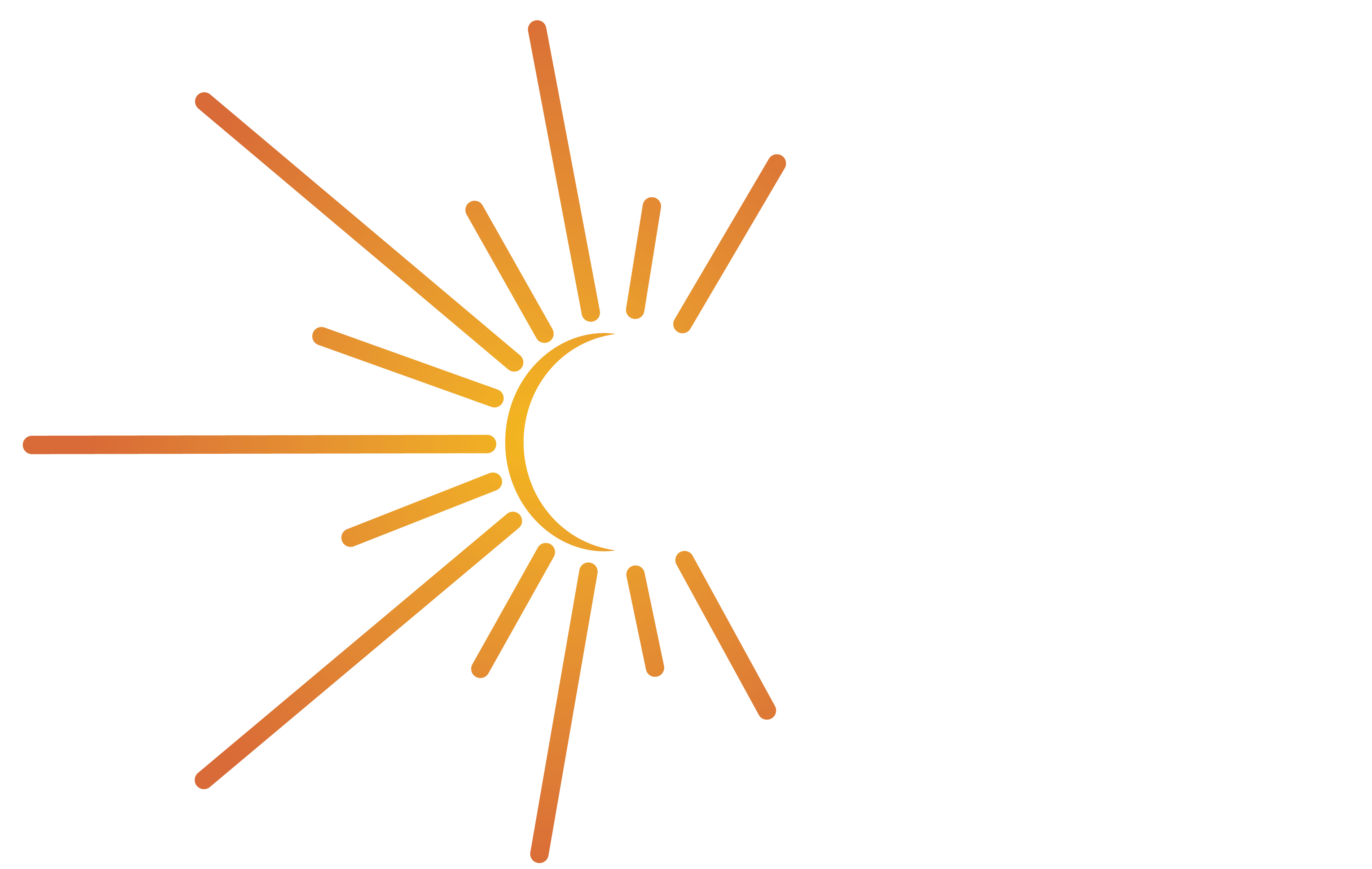Sun Number Score
- Property Suitability Score
The Sun Number Score is a rating that helps homeowners determine how suitable their property is for solar panel installation. It’s a metric developed to give an at-a-glance indication of solar potential, based on various factors that impact the efficiency and cost-effectiveness of solar energy on a given property.
Here’s a breakdown of what goes into the Sun Number Score:
Roof and Building Design
This includes the tilt, orientation, and size of the roof area available for solar panels. A south-facing roof in the Northern Hemisphere, for example, generally receives the most sunlight, which improves the score.
Shading Factors
Trees, buildings, and other structures that cast shade on the roof throughout the day can reduce sunlight exposure. The score assesses the impact of shading on energy production potential.
Climate and Weather Patterns
The local climate, including average sunshine hours and weather patterns, plays a role. Areas with more sunny days will naturally have a higher score because they can generate more solar energy.
Local Solar Incentives
Some regions offer tax credits, rebates, and other incentives that make solar installations more financially appealing. Higher scores are given where incentives are strong.
Electricity Rates and Costs
The potential savings depend on local electricity rates and consumption patterns. In areas with higher electricity costs, solar power can offer more savings, boosting the score.
- Score Breakdown
A Sun Number Score ranges from 0 to 100:
Below 40
Poor for solar; likely not suitable for an efficient or cost-effective installation.
40-59
Fair for solar; solar panels can still provide value, but less efficiently.
60-79
Good for solar; most homes in this range would benefit from solar panels.
80-100
Excellent for solar; conditions are highly favorable.
